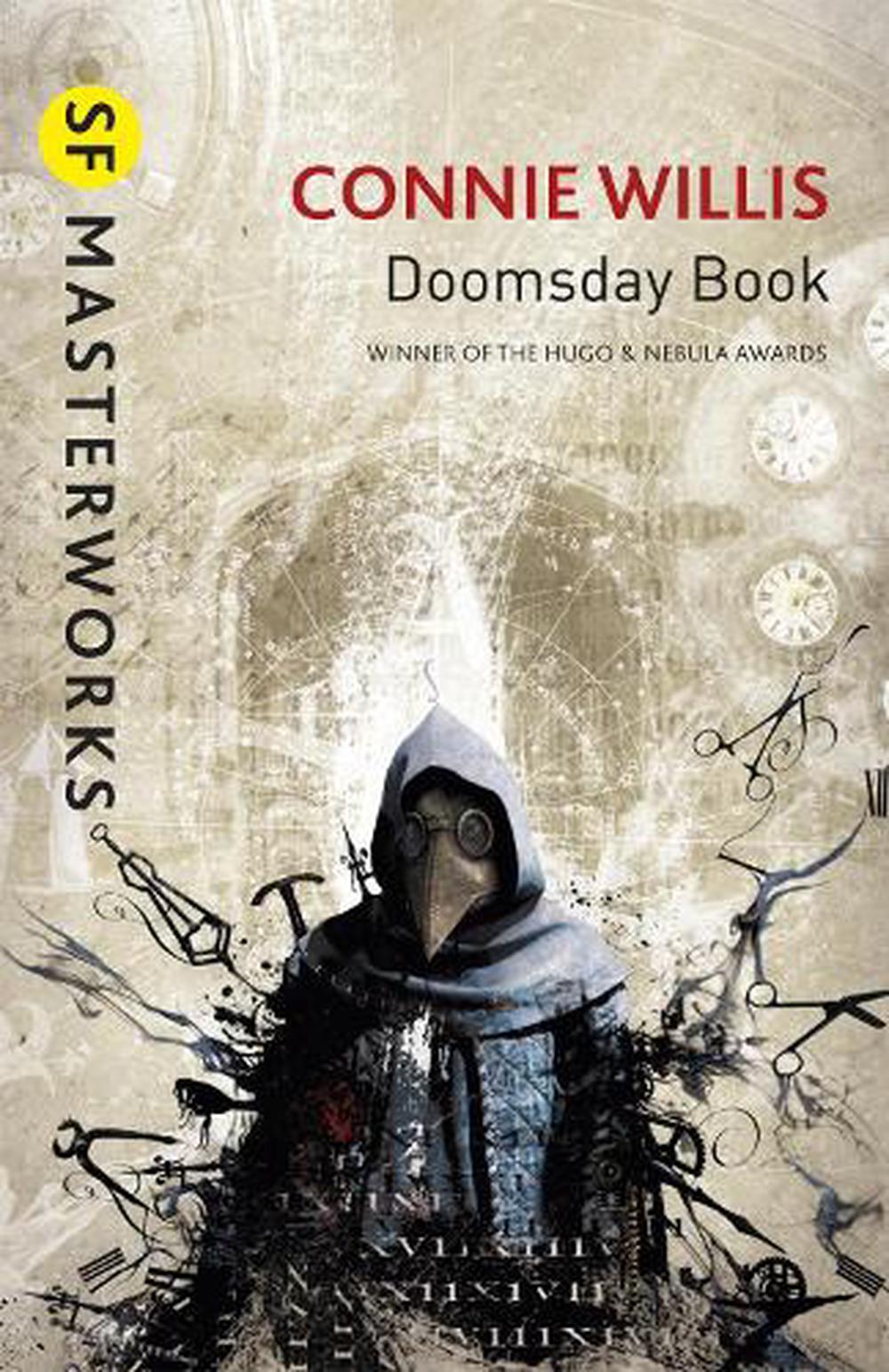
The narrative switches between Kivrin’s experience and the flu epidemic in Oxford. She doesn’t know where to go or when she can return home until she learns about a prearranged time for returning through a gateway. Kivrin wakes up at a manor house, surrounded by people who have been nursing her for several days. Badri Chaudhuri collapses from an epidemic that disrupts the university and eventually leads to a quarantine of the whole city. She is sent back to the fourteenth century, where she falls ill and has trouble remembering her purpose there. There are concerns that this is too dangerous because it would be three hundred years earlier than anyone has ever been sent back through time travel.Ī professor persuades the authorities to allow a trip back in time, skipping protocols that would ensure Kivrin’s safety.

She asks her professor and the authorities that run the project to send her back to Oxford in 1320. The book opens with Kivrin Engle, a young historian who specializes in the medieval period.

Any attempt to do so will cause “slippage” (a slight shift in time), moving you to another point on Earth where there is no paradox or harm done to your surroundings. As a result of this premise, history resists any attempts to change it through time travel because that would alter what happened in the past. It’s used by historians to observe the past and gather information about it. The plot centers around time travel, which has been around since the year 2054. However, things don’t go according to plan and Kivrin Engle finds herself stuck back in the middle ages with no way home until someone comes along and saves her from danger-and this happens more than once during the story as well as some other interesting events that happen throughout it too!ĭoomsday Book is set in the mid twenty-first century at Oxford University. This is all done through calculations and other methods of figuring out where exactly she needs to go in order for everything to work properly. The historians also have to figure out where she should be dropped off so she can be picked up later on by someone from her own time period. She has to get inoculations for fourteenth-century diseases and her instructors are very careful when they do this because of how contagious these diseases were in that time period. In it, the main character is a young historian who travels into the past to study the medieval period.

In 1992, Connie Willis wrote a book called Doomsday Book. Her protagonists are typically beset by single-minded people pursuing illogical agendas, such as attempting to organize a bell-ringing session in the middle of a deadly epidemic ( Doomsday Book), or frustrating efforts to analyze near-death experiences by putting words in the mouths of interviewees ( Passage).1-Page Summary of Doomsday Book Overall Summary Willis tends to the comedy of manners style of writing. These pieces include her Hugo Award-winning novels Doomsday Book and To Say Nothing of the Dog and the short story "Fire Watch," found in the short story collection of the same name. She has written several pieces involving time travel by history students and faculty of the future University of Oxford. Willis is known for her accessible prose and likable characters. She lives in Greeley, Colorado with her husband Courtney Willis, a professor of physics at the University of Northern Colorado. She was the 2011 recipient of the Damon Knight Memorial Grand Master Award from the Science Fiction Writers of America (SFWA). Willis most recently won a Hugo Award for All Seated on the Ground (August 2008). She has won, among other awards, ten Hugo Awards and six Nebula Awards. She is one of the most honored science fiction writers of the 1980s and 1990s.

Constance Elaine Trimmer Willis is an American science fiction writer.


 0 kommentar(er)
0 kommentar(er)
